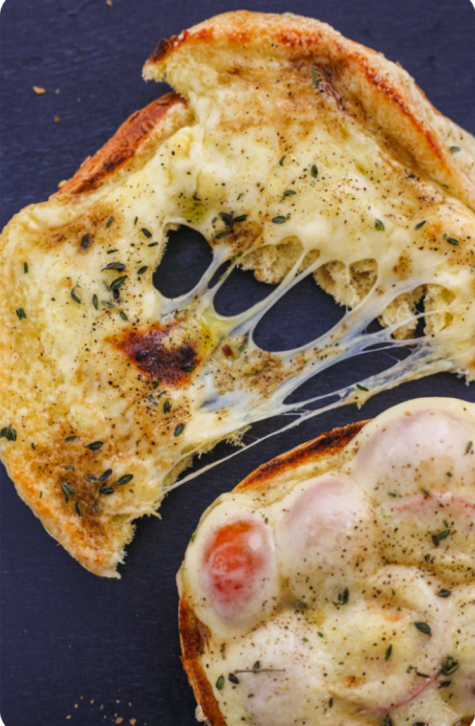Creating the Perfect Plant-Based Cheese With the Power of AI

Plant-Based Cheese
Replicate texture and melt performance of dairy-based cheese
AI-powered formulation recommendations that achieve 98% melt-rate replication
The Challenge
Inefficient formulation process and poor product performance made it very difficult to enter plant-based market
To capture market share in the plant-based alternative food niche, this Worldwide Food Company needed to create a plant-based cheese and get it to market as quickly as possible.
The key success factor for sliced plant-based cheese is its ability to mimic the melt performance of dairy-based cheese. But after spending 18+ months and millions on R&D and testing, the company was only achieving a 36% dairy-cheese melt rate replication.
Their formulators lacked plant-based experience, and though the company had enlisted external agencies and other AI platforms, there was uncertainty around which data was actually valuable for progress.
The plant-based R&D group needed to extract actionable insights from their experimental and ingredient data to optimize for key product goals, namely melt-rate replication.
“Turing transformed our business by giving us a plant-based knowledge hub for our formulators. We’re now moving faster than ever towards creating the perfect plant-based cheese.”
The Solution
Interactive ingredient matrix from Turing’s AI platform that gives formulators a predictive tool to create highly accurate virtual products
Working with Turing, the company began transmitting highly-targeted data into Turing’s AI platform, which was purpose-built for CPG Lean innovation. The platform discovered relationships across data points and enabled the company’s R&D teams to understand key drivers of sensory measures and consumer preferences. After ingesting the R&D data, the platform generated 12 unique plant-based formulations with each formula leveraging its own diverse set of ingredients.
The platform also created an ingredient matrix that gave formulators an interactive view of their plant-based ingredients–essentially a predictive tool to create virtual products and significantly reduce labor-intensive physical lab testing. Formulators could now screen their hypotheses in a virtual lab with 85% accuracy, allowing them to focus on the formulations with the highest chance of success.
.avif)


The Results
In just three months, Turing’s platform helped the Worldwide Food Company achieve what they’d attempted for more than 18 months. Five of the 12 unique plant-based formulation recommendations from Turing’s platform were returning a 98% melt-rate replication. This gave them a solid foundation for developing plant-based cheese products, and the company could now shift their focus to areas where the platform had unlocked new ideas for the R&D group: flavor, sensory outcomes, and consumer liking. They’ve continued to expand their use of Turing, and are progressing like never before towards the perfect plant-based cheese.


